If left uncontrolled, hypertension can lead to a heart attack, stroke or even heart failure. It’s therefore important to receive a diagnosis and begin managing hypertension as quickly as possible.
Otherwise known as high blood pressure, hypertension is a common condition affecting many people as they age. When there is a narrowing of the arteries, your heart has to pump harder to circulate blood. This results in an increase in pressure being inflicted on the artery walls.
3 Mistakes to avoid
Your doctor will usually prescribe long-term medication to manage your blood pressure. But there are a number of lifestyle changes you can also make to help lower it. Taking regular exercise and eating healthily just are a couple of ways.
However, there are also mistakes that need to be avoided when managing hypertension.
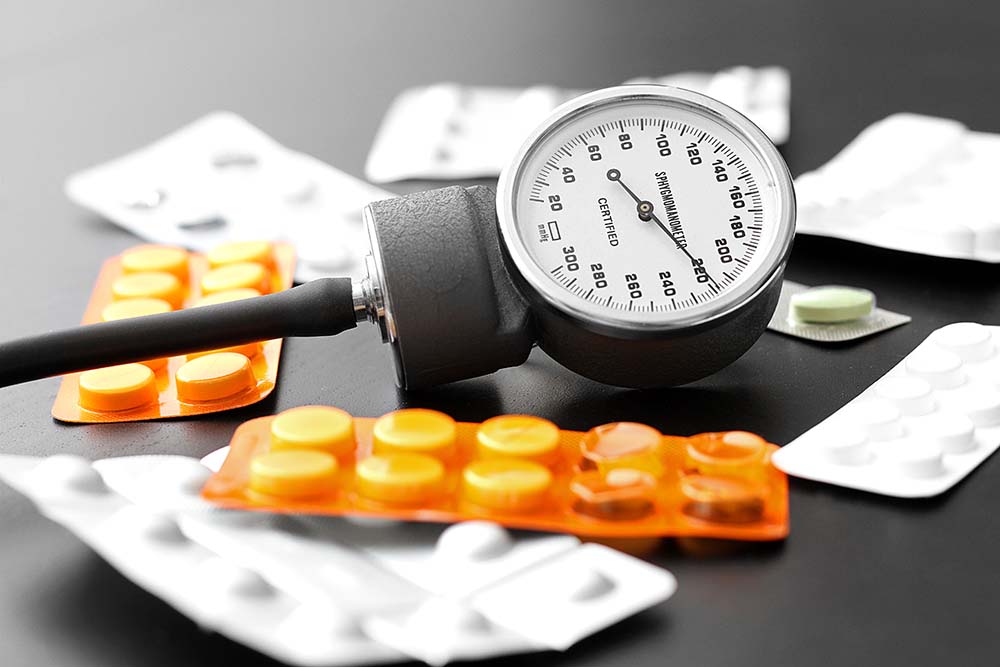
1) Inaccurate blood pressure readings
Many patients will now monitor their own blood pressure at home. This is a great idea. Any increases in reading levels can be quickly identified, the doctor informed and changes made to medication.
However, it is important that readings are taken in the correct manner. There are a number of small factors which can lead to inaccurate results. Crossing your legs, talking, and not supporting your arm while testing can all increase your blood pressure. Sitting quietly for 10 minutes before the test and having an empty bladder will lead to more accurate results.
2) Now I am on medication, I will be fine
Hypertension is a long-term illness that does not go away just because the doctor has prescribed pills.
Taking this attitude can lead to you being on high-dosage medication for the rest of your life. But there are many things that can be done to contribute towards managing hypertension and reducing medications.
Regular exercise is key to keeping the body healthy and reducing blood pressure. It is not necessary to spend every day in the gym. Gentle stretching, yoga and walking are all great workouts.
Stopping smoking and cutting back on alcohol intake are also important to controlling hypertension.
2) Stopping a diet after weight loss
After being diagnosed, your doctor may suggest weight loss as a way of managing hypertension. Being overweight puts a strain on the heart and can lead to blood vessel damage.
But it is vitally important that you maintain a healthy diet even after losing weight. And we can all benefit from a change in our diet. Through simply reducing portion sizes and counting calories it is possible to lower blood pressure. This can lead to a reduction in the medicines that need to be taken.
Reducing your sodium (salt) intake can also help. Many pre-packaged foods contain high levels of salt. Try to avoid canned and processed foods as well as fast food takeaways. Instead, eat plenty of fresh fruits, vegetables, nuts, and lean cuts of meats.
Here at Haym Salomon Home for Nursing & Rehabilitation in Brooklyn, our expert staff is always on-hand to provide all the help you need with managing hypertension. They can help you devise a fitness plan and a healthy diet that are right for you.
This content comprises informative and educational resources only and can not be considered as a substitute for professional health or medical guidance. Reliance on any information provided in this article is solely at your own risk. If you have any inquiries or apprehensions about your medical condition or health goals, talk with a licensed physician or healthcare provider.

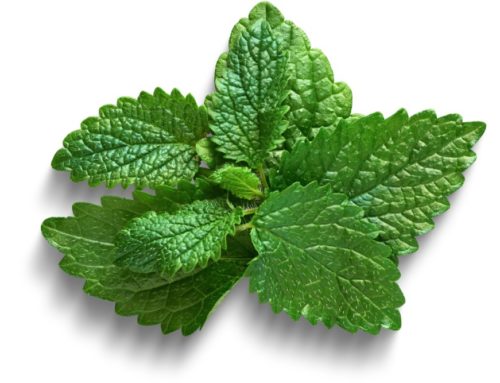
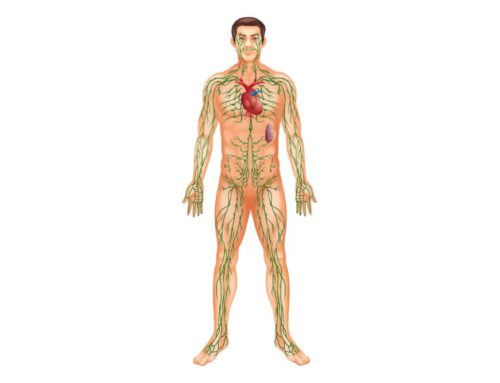
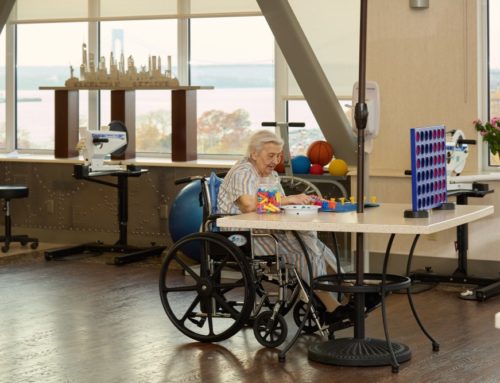
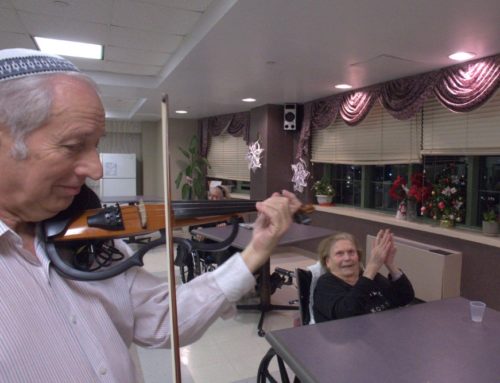

Leave A Comment